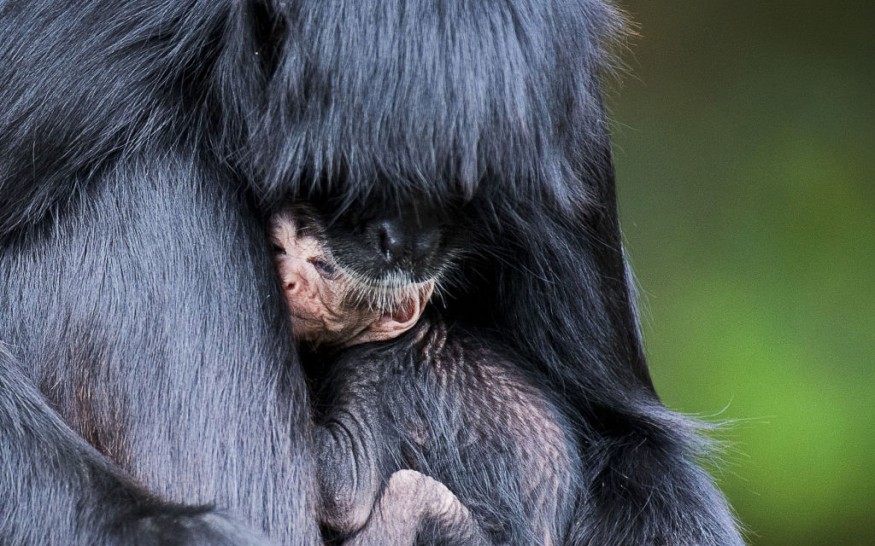
The desire certain primates have for luscious fruit may clarify why our particular race is quite enamored of booze.
After experts in Panama studied the dietary of black-handed tarantula monkeys, also known to the name of Ateles geoffroyi; they discovered that the coconut fruits such creatures habitually consume carry trace amounts of ethanol.
Spider Monkeys Consume Boozy Fruits
As per ScienceAlert latest update, lab tests from two of the orangutans additionally exhibited ethanol-specific compounds, indicating that the liquor has been processed and used in a few manners rather than simply transferring past their systems.
According to primatologist Christina Campbell of California State University, Northridge. for its inaugural instance, scientists were apt to prove unequivocally that natural monkeys ingest ethanol-containing fruit in the absence of human intervention.
Although confined spider monkeys had also earlier demonstrated hypersensitivity to the scents of mature fruits containing ethanol, this is the very initial investigation to indicate preferred ingestion of those produce in the environment, as mentioned in Nature.
Not merely does spontaneously hunting spider monkeys tend to consume a large amount of ethanol-containing fruit, but they also look to be digesting the probiotic carbohydrates.
Scientists also argued in their study which was published under Royal Society Publishing that considering that genetic change on those biosynthetic pathways for ethanol breakdown is already strong across fruit and nectar-consuming animal taxa in particular, environmental use of brewed sugars is expected to be much ubiquitous than is commonly understood.
Campbell also explained that the monkeys were most probably consuming the fruit with alcohol for the calories.
The rewards that genome eventually provides creatures is unknown, however having availability to more calories presumably endowed them with a survival advantage in a setting where getting food is difficult.
Moreover, the Spider Monkeys likely consume additional carbohydrates from rotting fruit than from non - fermented produce. It proposes that monkeys' great affinity to the scent as well as the flavor of ethanol is an adaptive response that helps them to quickly find mature, stimulating fruits and gulp them up earlier than other creatures.
While according to The University of Chicago Press Journal the far greater ripened fruit humans consume, the higher adrenaline we acquire and, presumably, the further inebriated people become.
Boozy Fruits Explain How Humans are Into Alcohol
Feral chimps (Pan troglodytes), for one, were observed consuming matured sap from lush greenery, which was subsequently shown to include ethanol levels of about 7%.
If alcohol had any innate value, handed down for millennia from a common origin of humans and current monkeys, one would anticipate it to pop up in an animal's Genetic code.
The study in Panama is the earliest to objectively assess monkeys' consumption of alcoholic fruits. The prevalence of this beverage might be attributed to human's need for fresh fruit.
In addition, spider monkeys consume the relatively similar produce that indigenous civilizations in Central and South America utilize to manufacture chicha, a brewed distilled liquor. Amongst animals that consume fruit as well as pollen, alleles for biotransformation are common.
Nonetheless, Dudley feels that there is minimal alcohol intoxication in the instance of orangutans. However, it's unknown if the ethanol is attracting the chimpanzees to the fruit or if they're truly growing intoxicated.
© 2026 NatureWorldNews.com All rights reserved. Do not reproduce without permission.





